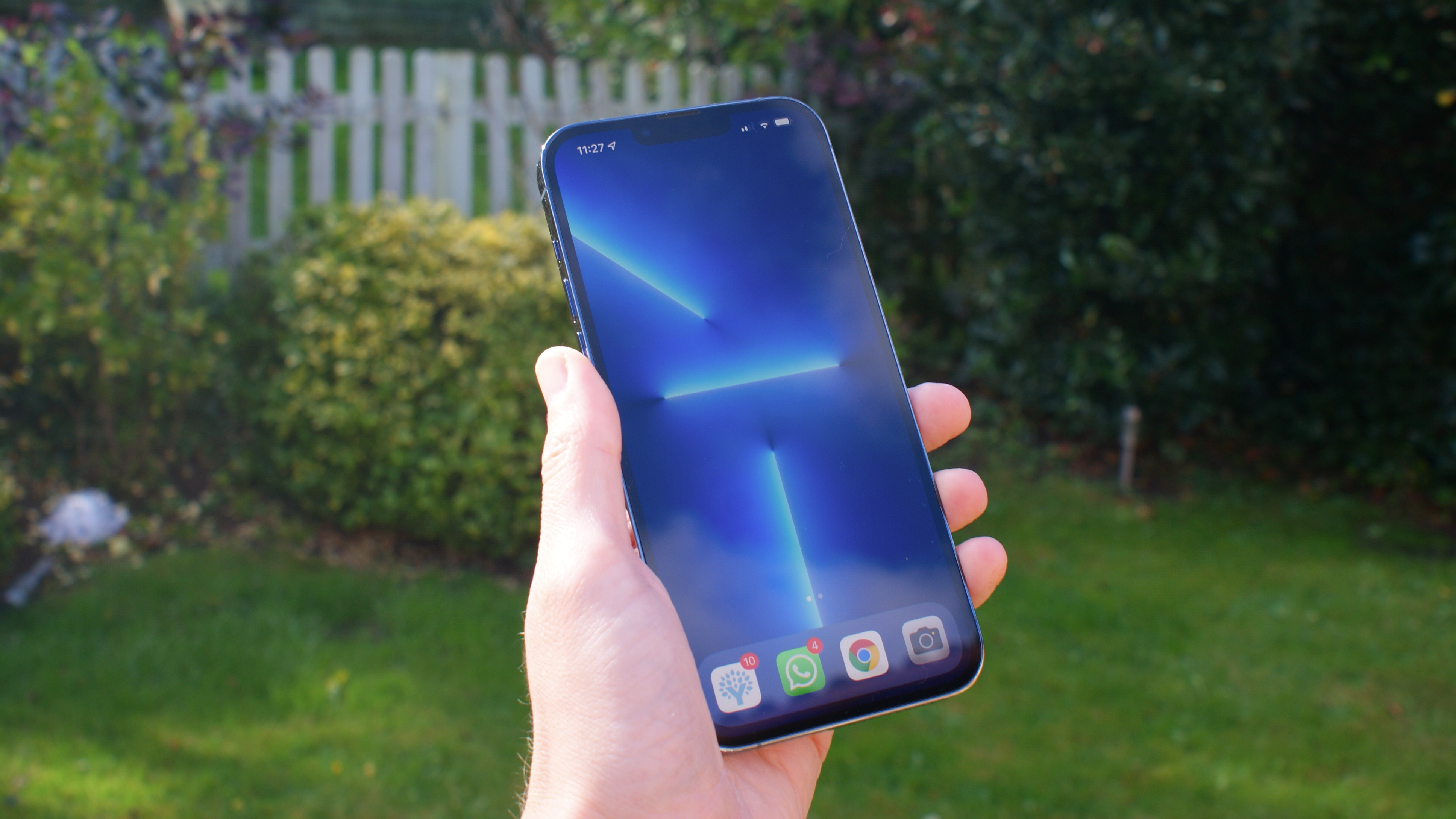Some iPhone 14 models might not have a SIM card slot
eSIM all the way

We’re expecting big changes for the iPhone 14 range, and one of those changes might affect the humble SIM card, as the iPhone 14 might not have a removable one – or at least some versions of it might not.
This is according to Emma Mohr-McClune, a Technology Service Director at GlobalData, who claims that Apple will probably launch an eSIM-only variant of one or more iPhone 14 models.
Current iPhones already have an eSIM (that being a digital SIM card, rather than a physical one that you can swap out), but they also have a slot for a physical SIM card. So if Mohr-McClune is right, that slot might be removed on a version of the iPhone 14.
Apparently it’s likely that this model would mostly be sold direct from Apple, albeit partnered with mobile networks, while a dual-SIM version with both physical and eSIMs would remain the mainstream option.
From the sounds of things this is more a prediction than any sort of inside information, so we’d certainly take it with a pinch of salt, but it’s been rumored for a while that Apple will eventually move to eSIM-only.
So this approach would make sense, providing a smoother, more gradual transition to an eSIM-only future.
Analysis: eSIMs are the future, and that’s a good thing
It’s likely only a matter of time until Apple ditches physical SIM cards. Beyond rumors that this will happen, the fact that eSIMs have been present in its phones for years suggests that it sees these as the future.
Get daily insight, inspiration and deals in your inbox
Sign up for breaking news, reviews, opinion, top tech deals, and more.
That’s a good thing too, as eSIMs have lots of advantages over physical ones. They take up less space than a traditional SIM card, so that space can be used for other components, or they can allow for a smaller device. eSIMs can also theoretically support multiple networks at the same time, and allow you to switch network without switching a physical SIM card.
So they’re a slicker, more modern solution than the SIM cards most of us are still using currently. But they need both networks and consumers to fully embrace them, and a big company like Apple pushing for that is likely to speed the process up.
- Get the best of TechRadar in your inbox every day: sign up for our newsletter
Via BGR
James is a freelance phones, tablets and wearables writer and sub-editor at TechRadar. He has a love for everything ‘smart’, from watches to lights, and can often be found arguing with AI assistants or drowning in the latest apps. James also contributes to 3G.co.uk, 4G.co.uk and 5G.co.uk and has written for T3, Digital Camera World, Clarity Media and others, with work on the web, in print and on TV.